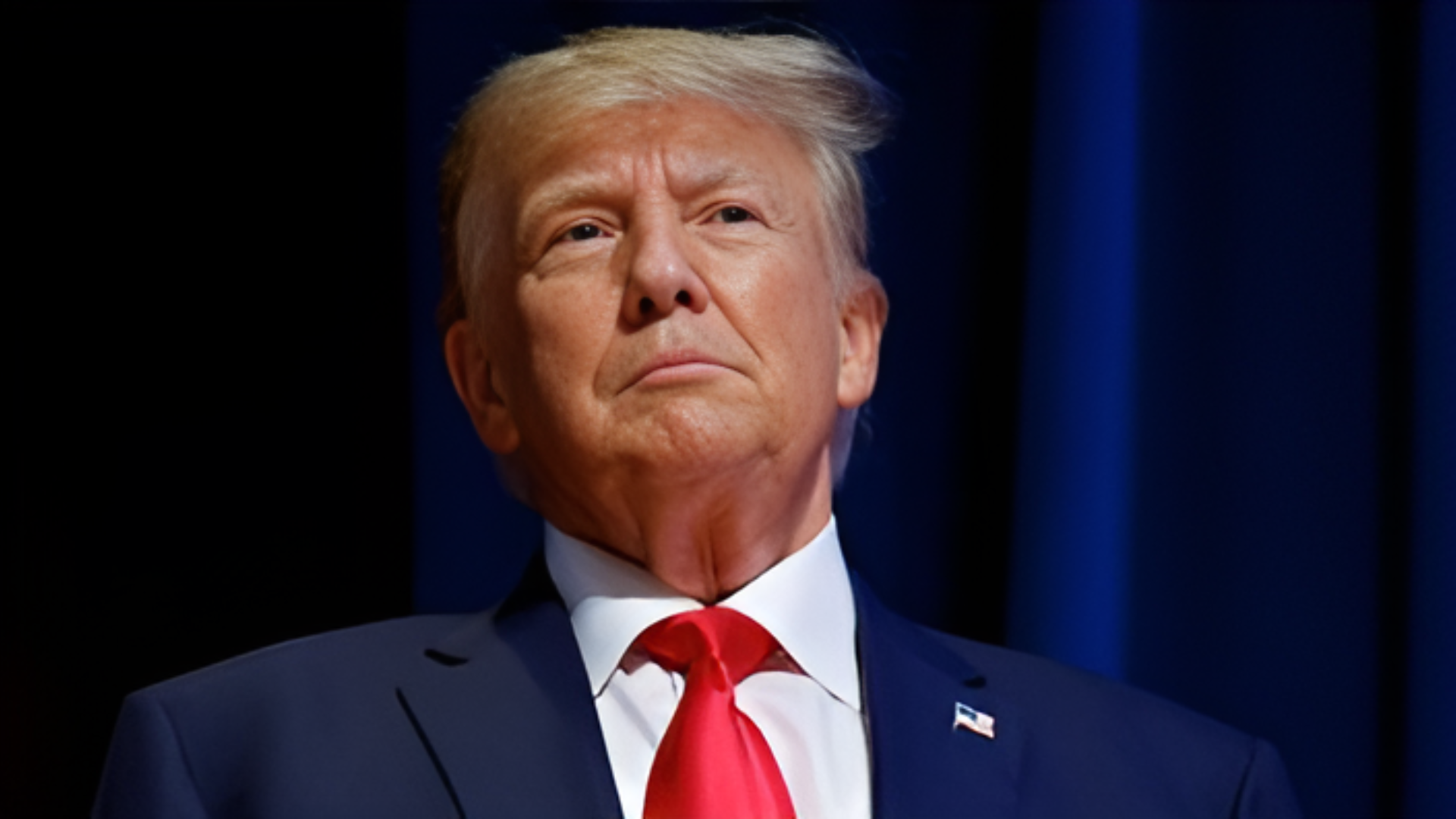The Biden administration is preparing to announce fresh tariffs on Chinese electric vehicles and other goods as part of its efforts to safeguard America’s emerging clean energy sector from an influx of low-cost imports from China, sources close to the project revealed. This announcement presses on President Biden’s commitment towards improving domestic manufacturing of clean energy products as the country navigates through the escalating trade tensions with China.
The impending tariffs hint at a significant escalation in the ongoing trade dispute between the two nations, United States and China. With concerns mounting within the administration with regards to China’s aggressive export practices that could undermine domestic efforts to revitalize the clean energy industry, President Biden’s recently disclosed plans for the country indicates its aims to shield the country’s nterests from unfair competition.
The decision to impose new tariffs is followed after a comprehensive four-year review of tariffs implemented by former President Donald J. Trump on over $300 billion worth of Chinese imports in 2018. While the majority of these tariffs are expected to remain in effect, the Biden administration intends to extend levies into areas prioritized under the 2022 Inflation Reduction Act, where significant subsidies have been allocated.
Chinese electric vehicles are in partucular focus which are currently subjected to a 25 percent tariff. Sources suggest that the administration is contemplating raising tariffs substantially to deter consumers from purchasing Chinese EVs. Tariffs as high as 100 percent have been considered during deliberations, underscoring the administration’s determination to address perceived trade imbalances.
Earlier this year, President Biden took preemptive measures to restrict the entry of internet-connected Chinese vehicles, including electric vehicles, citing national security concerns related to potential data vulnerabilities. This move underscores the administration’s broader strategy to fortify America’s economic interests against external threats.
The looming tariffs are poised to inject fresh impetus into U.S.-China trade relations, with implications extending beyond the economic sphere. As both countries vie for technological and industrial supremacy, trade tensions have become increasingly intertwined with geopolitical considerations.
Also read: Ceasefire Efforts Stall as Israel Rejects International Mediators’ Proposal for Gaza
The Biden administration’s decision-making process regarding the tariffs has been marked by internal debate, reflecting the complex interplay of economic and political considerations. With China intensifying production in sectors targeted for U.S. investment, such as electric vehicles, the administration faces pressure to adopt more assertive trade measures.
While the exact scale of the tariffs remains unclear, they are anticipated to encompass a range of Chinese goods, including electric vehicles, batteries, and solar products. The forthcoming announcement, slated to be made by the Office of the United States Trade Representative, underscores the administration’s determination to protect vital sectors of the American economy.
The anticipated tariffs have garnered mixed reactions from domestic stakeholders. Some Democratic lawmakers, including Senator Sherrod Brown of Ohio, have advocated for more stringent measures to safeguard American industries. However, concerns have been raised about the potential impact of tariffs on global trade dynamics and consumer prices.
In response to the looming tariffs, China’s Ministry of Foreign Affairs has criticized the U.S. administration’s actions, characterizing them as violations of international trade norms. Beijing has vowed to uphold its interests through necessary measures, signaling a potential escalation in bilateral tensions.
As the United States prepares to unveil its new tariffs, the outcome of this latest salvo in the U.S.-China trade dispute remains uncertain. However, the Biden administration’s decision underscores the increasingly assertive posture adopted by Washington in confronting China’s economic policies, setting the stage for further friction between the world’s two largest economies.
Also read: OpenAI Set to Unveil AI-Powered Search Product, Rivaling Google’s Dominance















